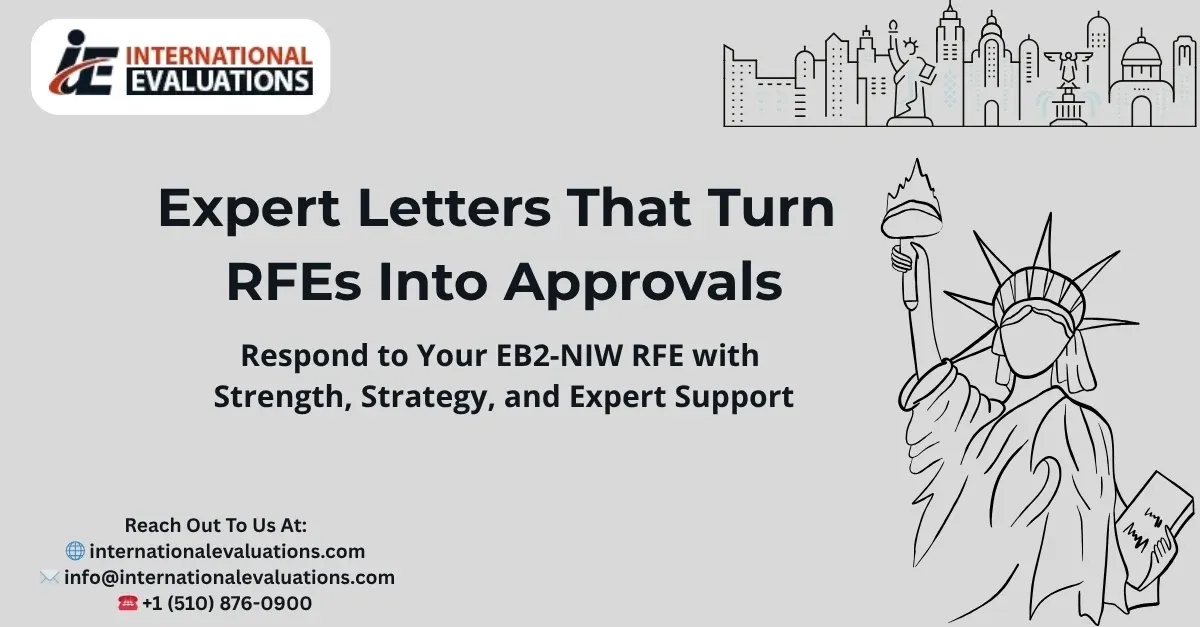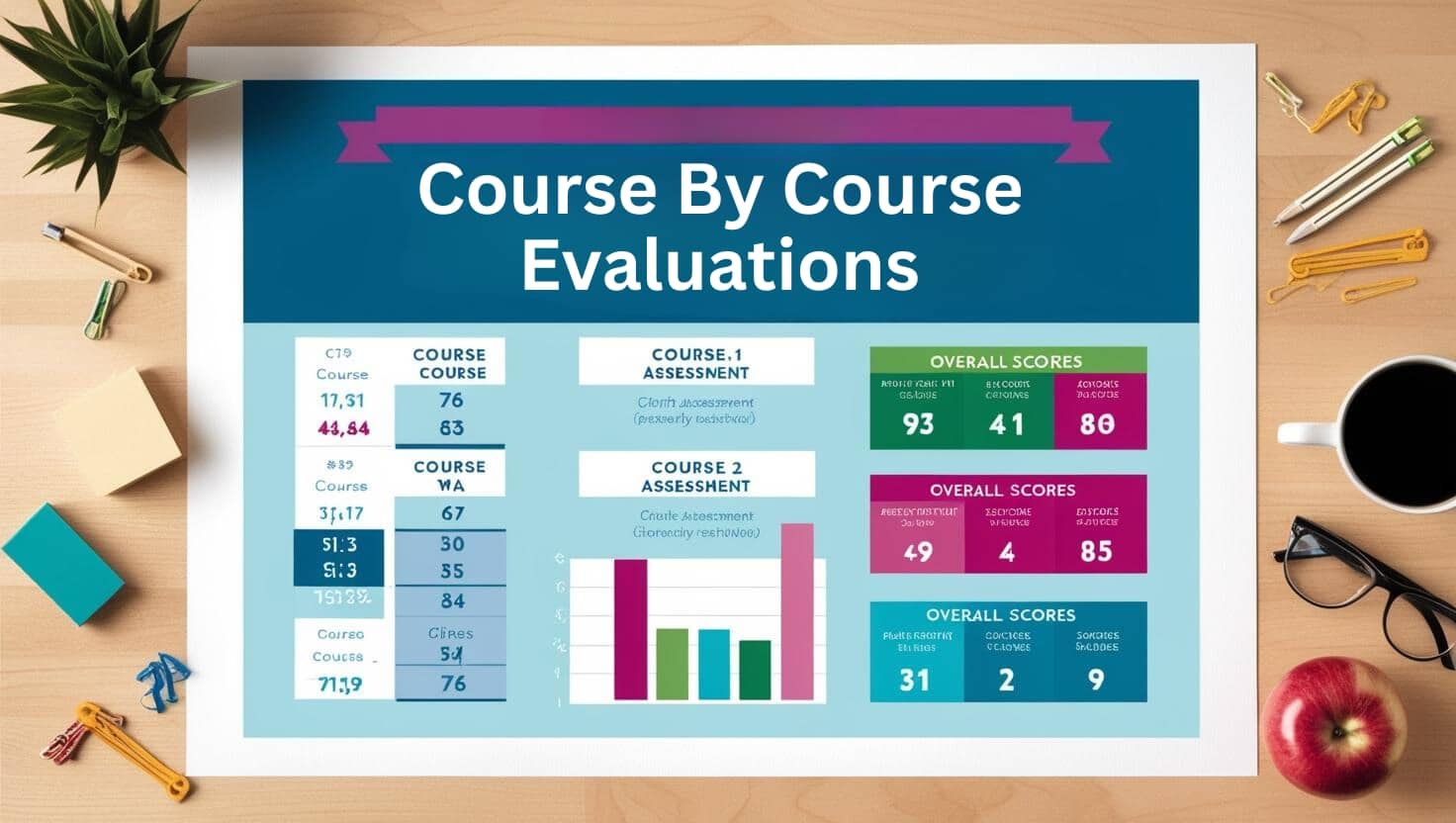Introduction
In today's competitive job https://internationalevaluations.com/work-experience-evaluation/ market, the shift from class discovering to real-world application is more important than ever. Students and experts alike are seeking ways to translate their work experiences into academic credits. This short article checks out the complex process of examining work experience for education credit, underlining its significance in individual and professional advancement.

As we look into this topic, we will go over different aspects of scholastic credential examination, international credential evaluation services, course-by-course credential evaluation, and how they connect to work experience evaluation. Additionally, we'll explore skilled opinion letters and business strategy examinations as part of this multifaceted journey.

From Class to Career: Evaluating Work Experience for Education Credit
The bridge in between classroom education and profession success frequently involves recognizing the value of practical experience. Many trainees accumulate significant work experience throughout internships or part-time jobs that might not be officially acknowledged by educational institutions. But how can one make sure that these experiences count toward their academic credentials?
Why Examine Work Experience?
Evaluating work experience is important for numerous factors:
Recognition of Skills: It confirms the abilities acquired through hands-on experiences. Enhanced Employability: Employers significantly look for prospects with practical understanding along with formal education. Personal Growth: Recommendation of past experiences increases self-confidence and motivates long-lasting learning.Types of Credential Evaluation
Understanding the different kinds of credential examinations available can assist people navigate this process effectively.
Academic Credential Evaluation
Academic credential examination assesses foreign educational certifications against established requirements in another nation. This procedure is essential for international trainees or workers intending to prove their academic background.
International Credential Examination Services
These services focus on evaluating foreign qualifications and determining their equivalency in the host country's instructional system. They provide reports that describe the level and type of education received abroad.
Course-by-Course Credential Evaluation
This in-depth analysis breaks down each course taken throughout a degree program, using insights into grades made and credit hours completed. It's especially beneficial for trainees seeking to move credits between institutions.
Work Experience Evaluation
Work experience evaluation serves as a method to formally evaluate non-academic skills acquired through employment or volunteer activities. Here's how it works:
Documentation: People need to collect paperwork such as job descriptions, performance evaluations, and any relevant certifications. Comparative Analysis: The evaluator compares this details against established academic competencies. Outcome: The result may lead to academic credits granted based on shown understanding and skills.The Role of Professional Viewpoint Letters
An expert viewpoint letter can boost your case when seeking credit for work experience. These letters normally come from market specialists who can attest to your skills and contributions in a specific field.
What Should a Specialist Viewpoint Letter Include?
- An introduction of your function in the organization Specific skills you developed How your experiences relate to scholastic outcomes
Having an expert back your capabilities not just provides reliability but likewise improves your general portfolio when making an application for innovative studies or positions.
Business Plan Evaluation as a Knowing Tool
Creating an organization plan can be an outstanding way to display your understanding of theoretical concepts used in real-world scenarios. A thorough examination of a company strategy may highlight competencies such as tactical thinking, financial planning, and market analysis.
FAQs
1. What types of work experiences get approved for academic credit?
Typically, work experiences that straight connect to your field of study or demonstrate transferable skills are eligible for scholastic credit.
2. How do I find international credential evaluation services?
You can browse online directories or consult with educational institutions that often have collaborations with reliable credential evaluators.
3. Is there a charge associated with acquiring a professional viewpoint letter?
Yes, lots of experts charge for their time spent writing these letters; nevertheless, some may offer them pro bono depending on the situation.
4. Can I get credit for overdue internships?
Absolutely! Overdue internships often offer invaluable experience and can be assessed likewise to paid positions.
5. How long does the credential assessment process take?
The timeline differs based on the service used but typically ranges from a couple of weeks to a number of months.
6. Exist particular files needed for course-by-course evaluations?
Yes, you will require records from all post-secondary institutions attended, in addition to in-depth course descriptions when possible.
Conclusion
Transitioning from classroom understanding to career preparedness requires recognizing the value of useful work experiences in education credit assessments. As we have actually explored in "From Classroom to Career: Assessing Work Experience for Education Credit," both trainees and experts stand to acquire substantially by leveraging their real-world experiences towards their academic goals.
By making use of various types of assessments-- be it through scholastic credential evaluations or skilled viewpoint letters-- people can boost their qualifications while promoting long-lasting learning principles that adhere closely to today's vibrant workforce demands.
In summary, welcoming both theoretical understanding from class together with experiential learning gained through professional engagements develops well-rounded candidates all set to take on the obstacles ahead in their careers.